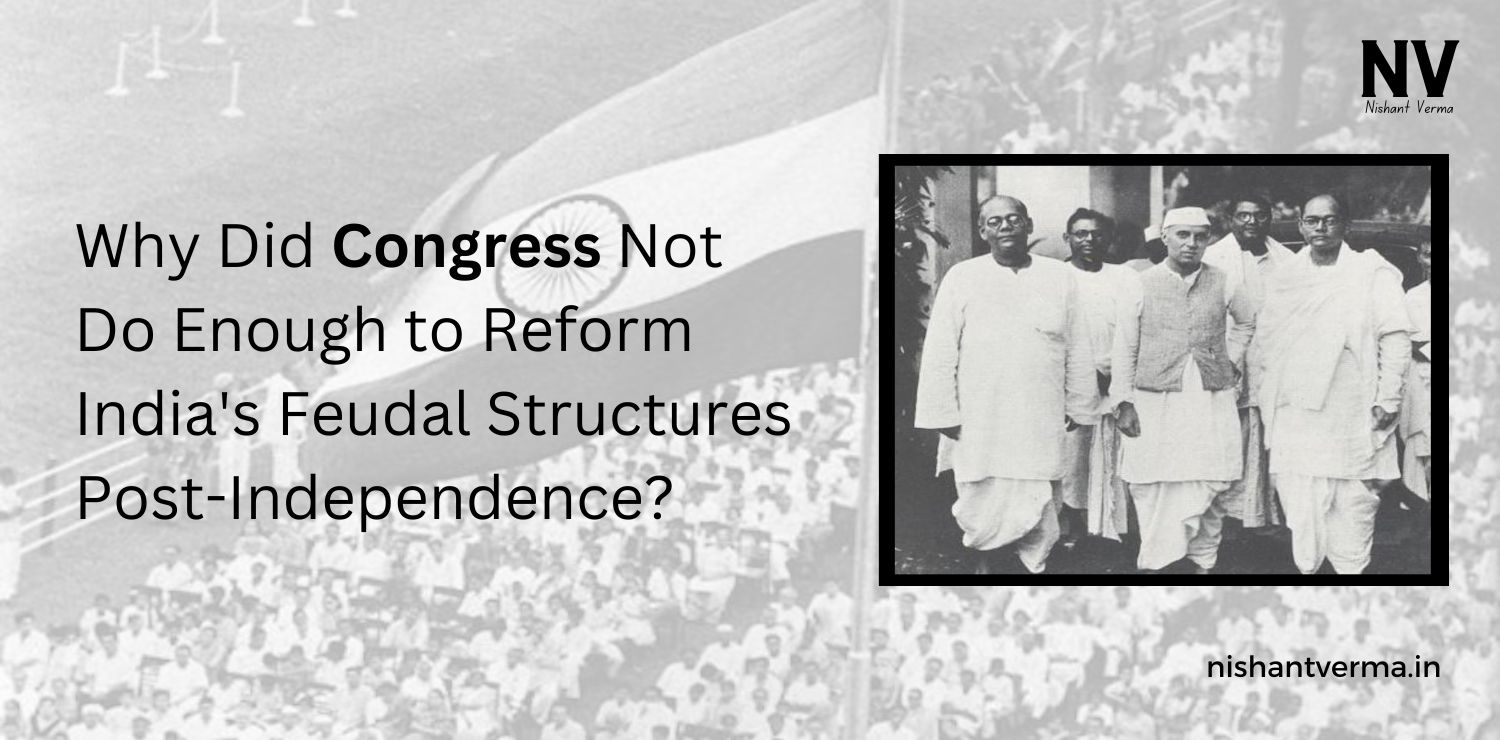Airtel has launched an AI-backed spam detection tool, which on its very first day identified over 115 million spam calls and 3.6 million spam messages. This move, aimed at enhancing user safety, reflects a growing concern over the rampant misuse of telecom networks for fraudulent activities. Such spam calls often originate from fake companies or dubious sources aiming to deceive people, highlighting a troubling mindset where individuals or groups seek quick profits through deceitful means.
The Growing Threat of Spam in India’s Telecom Sector
In recent years, spam calls and messages have surged in India, impacting millions of users. This issue isn’t just a minor annoyance; it’s a serious problem that can lead to scams, loss of money, and identity theft. Many spammers operate with the sole intent to exploit people’s vulnerabilities, using psychological tricks and false promises to lure victims. For example, fake loan offers, job scams, or even fraudulent schemes claiming to represent legitimate organizations are common tactics.

Airtel’s Strategic Response: Using AI to Counter Spam
Recognizing the magnitude of the issue, Airtel introduced an AI-based spam detection system. The tool uses machine learning algorithms to identify and flag suspicious activities based on patterns, caller behavior, and message content. On its launch day, the system detected an alarming number of spam communications, underscoring the need for such interventions. By proactively addressing these issues, Airtel aims to create a safer digital environment for its users.
The Poor Mindset Behind Spam Calls
The individuals and organizations behind spam calls often operate from a place of desperation, where ethical considerations are ignored in favor of quick monetary gains. Such a mindset is rooted in the desire to exploit loopholes and deceive people, with no regard for the distress it causes. This reflects a broader issue within society where some individuals prioritize personal gain over community welfare.
Spam callers typically adopt a variety of psychological strategies to target unsuspecting individuals. They may present themselves as representatives of well-known brands or government agencies, making their pitches seem legitimate. Many even use fear tactics, claiming that the victim’s bank account will be frozen unless they provide immediate information or take certain actions. These tactics reflect a morally bankrupt approach, devoid of empathy and a sense of responsibility.

The Economic and Social Impact of Spam Activities
Spam calls and messages not only disrupt personal lives but also pose a significant economic burden. When individuals fall victim to these scams, the financial losses can be devastating. Moreover, the cumulative impact of such activities tarnishes the reputation of legitimate businesses, making it difficult for genuine firms to build trust with potential customers.
Leveraging Technology to Address a Deep-Rooted Problem
Airtel’s AI tool is a step in the right direction, showcasing how technology can be harnessed to tackle complex social issues. By detecting and eliminating spam at an early stage, such tools can prevent a large number of fraudulent transactions and reduce the overall success rate of scam calls.

Regulatory and Collaborative Efforts
To effectively combat spam, collaboration between telecom companies, regulatory bodies, and law enforcement agencies is crucial. The Telecom Regulatory Authority of India (TRAI) and other agencies have introduced guidelines and frameworks to reduce spam, but consistent monitoring and stricter enforcement are needed. Airtel’s initiative, if complemented by similar actions from other telecom players, could significantly reduce the number of spam incidents across the country.
Empowering Users with Awareness
While technology plays a key role, user awareness is equally important in combating spam. Educating the public on how to recognize and respond to suspicious calls and messages is crucial. Simple steps, like not sharing personal information over the phone and cross-checking details before taking any action, can go a long way in preventing scams.
Conclusion: A New Era of Spam Detection and Prevention
Airtel’s AI-based spam detection tool marks the beginning of a more secure telecom environment in India. By leveraging advanced technologies and prioritizing user safety, Airtel is setting a precedent for other telecom operators to follow. The sheer volume of spam detected on day one serves as a wake-up call to the magnitude of the problem. Addressing the poor mindset behind these activities will require not just technological interventions but also a concerted effort to promote ethical behavior and strengthen legal repercussions for perpetrators.
Moving forward, the combined efforts of telecom companies, regulators, and users can help diminish the impact of spam and create a safer communication landscape for everyone.




